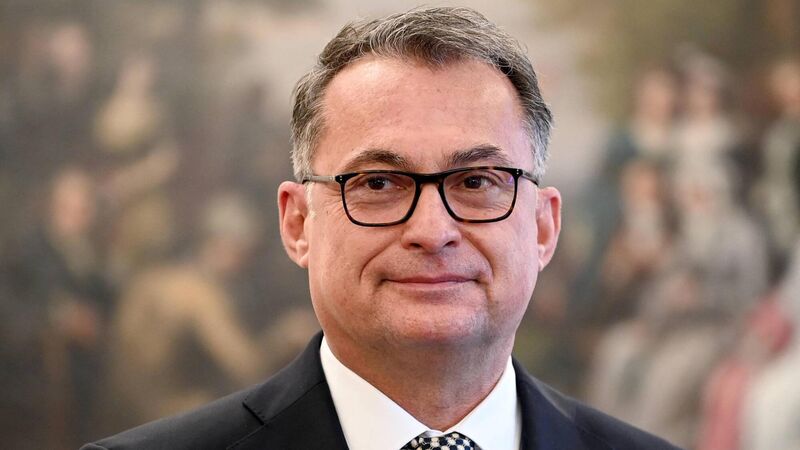ECB 'still has some way to go' with interest rate hikes

'Looking at the forecast, higher rather than lower inflation rates are to be expected,' said German Central Bank head Joachim Nagel.
The European Central Bank’s historic series of interest rate increases has not finished yet as upside risks to the inflation outlook predominate, Governing Council member Joachim Nagel has warned.
While decisions beyond a planned hike this month remain data-dependent, “the way I see it, we still have some way to go,” said Mr Nagel in a speech in Frankfurt.











